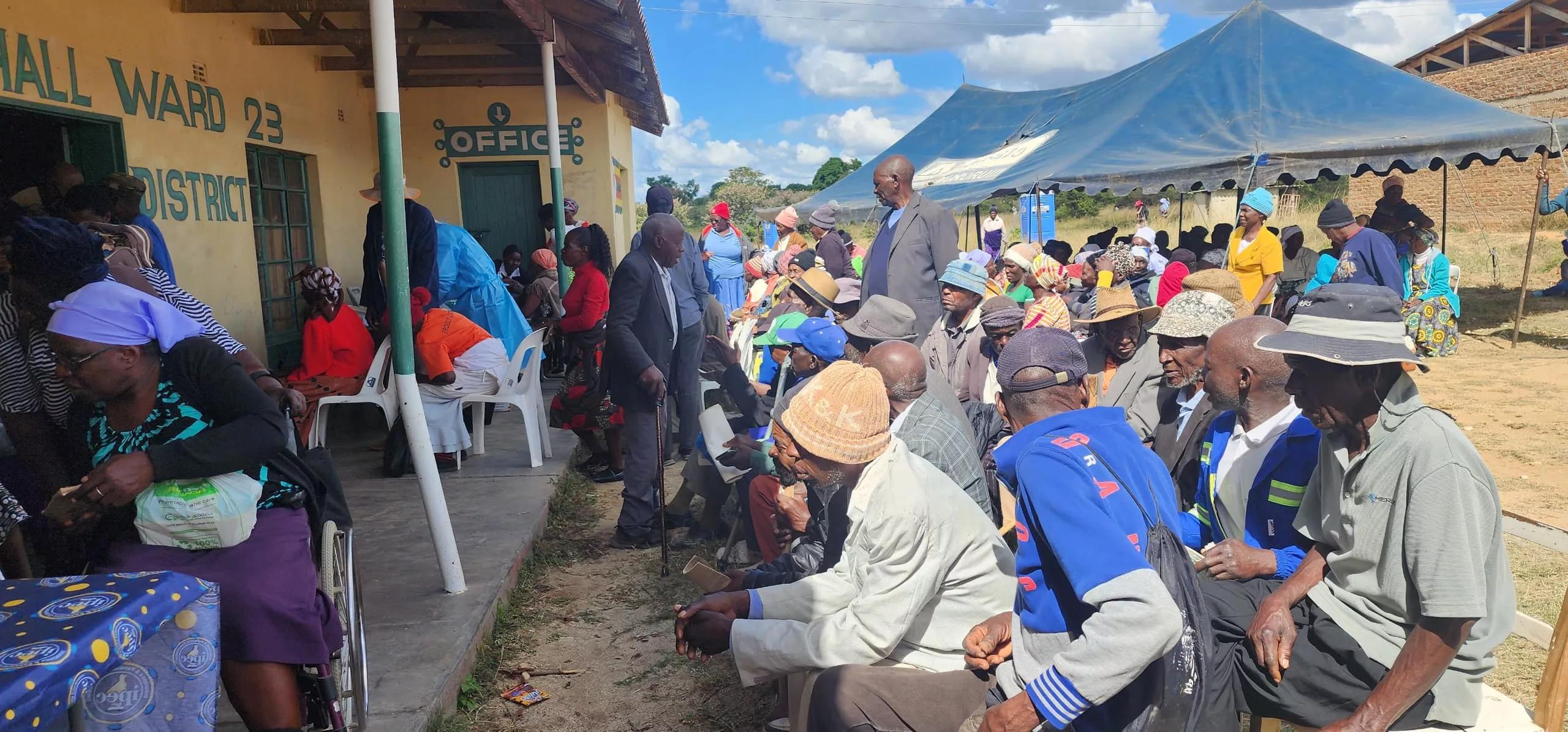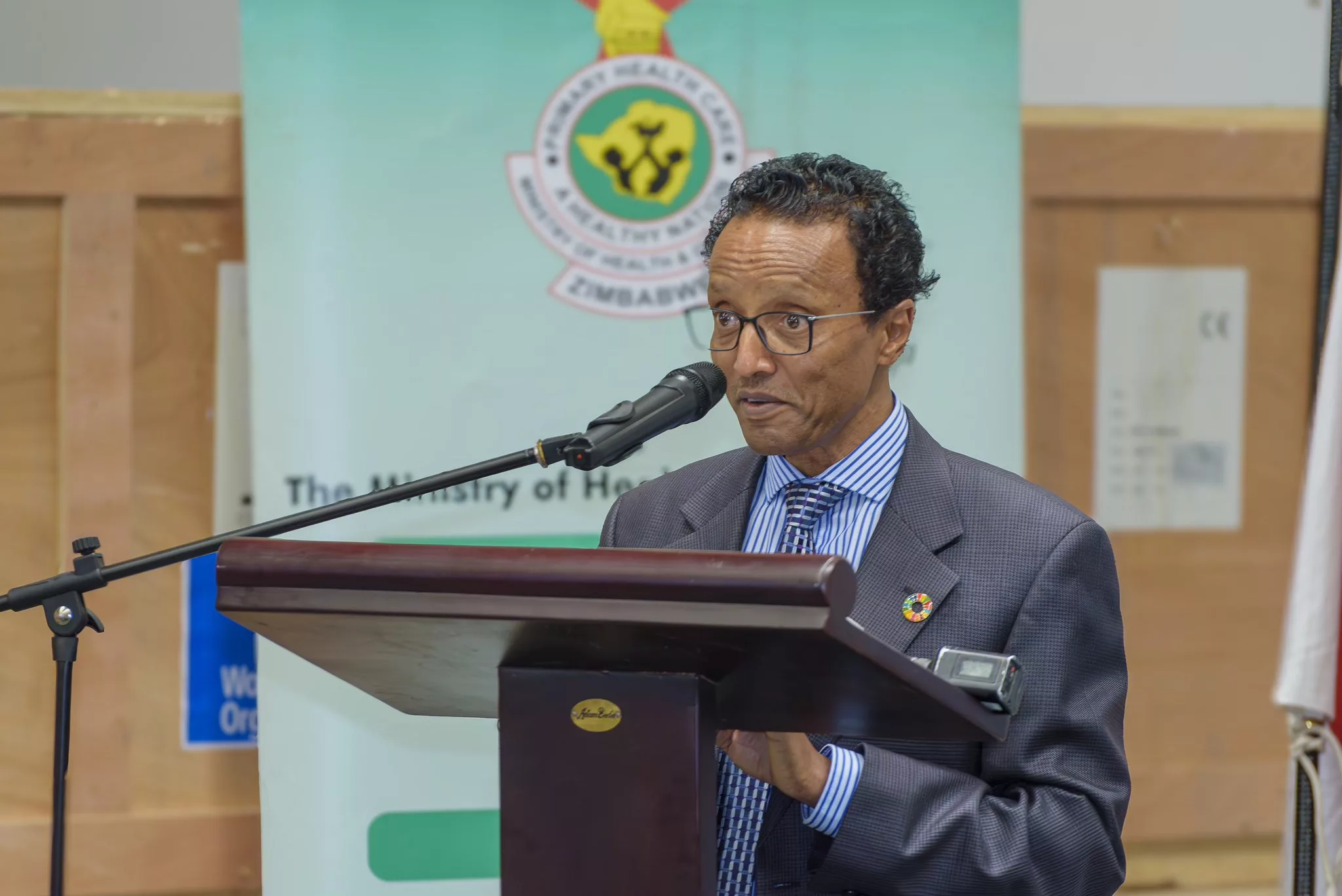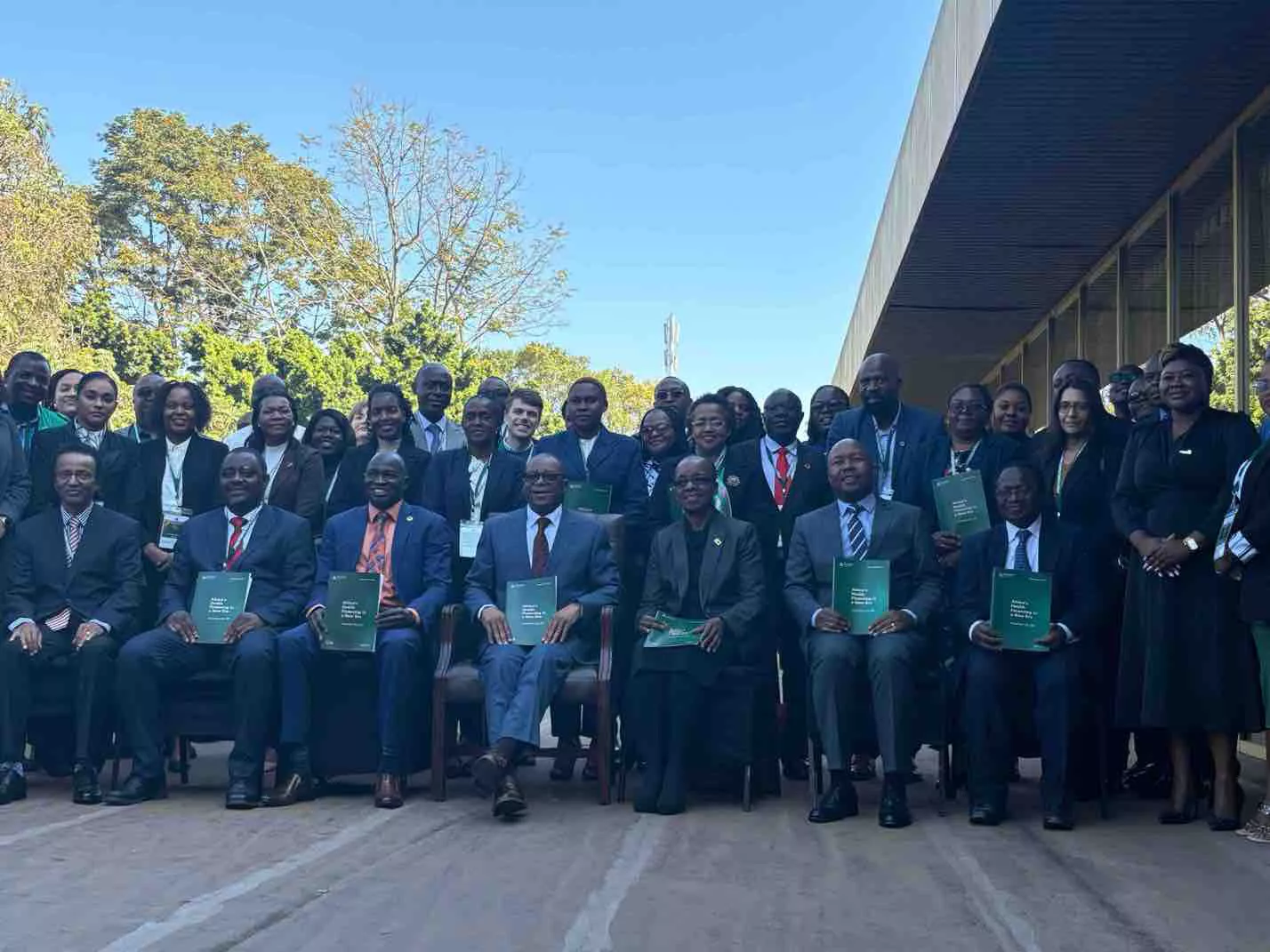|
Getting your Trinity Audio player ready...
|
Writes Catherine Murombedzi (Health Correspondent)
In a heartwarming display of corporate social responsibility, the Insurance and Pensions Commission (IPEC) partnered with key stakeholders to deliver a comprehensive medical outreach programme to over 900 beneficiaries in Buhera and Makoni districts. The initiative, held from May 26-30, brought vital healthcare services to vulnerable communities, transforming lives and reaffirming IPEC’s commitment to good corporate citizenship.
The initiative, held at Muzokomba Clinic and Mudanda Clinic in Buhera district and Chimbike Shops, Nedziwa Clinic, and Nzvimbe Clinic in Makoni district, provided free medical services to over 900 beneficiaries, significantly improving access to healthcare for vulnerable communities.
A Helping Hand to Those in Need
At the heart of this endeavour was IPEC’s dedication to improving access to healthcare for the elderly and underserved populations. The medical outreach programme offered a range of services, including general medical consultations, prostate cancer screening, blood pressure and sugar level checks, and access to essential medications.
“We are thrilled to have successfully conducted this medical outreach program, which is a testament to the power of collaboration and our commitment to giving back to the community,” said Lloyd Gumbo, Public Relations Manager at IPEC.
“Our partnership with ZAPF, Nyaradzo, Old Mutual Life Assurance Companies, National Railways of Zimbabwe Contributory Pension Fund, Minerva Risk Advisors, and Zimnat has been instrumental in making this initiative a success. We look forward to sustainable programmes that help communities,” said Gumbo.
A Collaborative Effort
The outreach programme was made possible through the support of various organisations and government ministries. The Ministry of Health and Child Care provided medical personnel, while the Ministry of Public Service, Labour and Social Welfare, and local community leaders played a vital role in mobilising villagers and ensuring the smooth implementation of the programme.
The village health workers, the heart of healthcare in communities came out in their numbers to support the worthy cause.
“We extend our heartfelt gratitude to our partners, the Ministry of Health and Child Care, and the local community leaders for their unwavering support and contributions,” added Gumbo.
“This outreach is part of IPEC’s broader commitment to good corporate citizenship, and we plan to conduct more initiatives to reach communities in other parts of the country,” added Gumbo.
The District Medical Officer, Dr Nyafesa was grateful and asked more to partner with the Ministry of Health and Child Care in similar initiatives.
“Today, we are at Nzvimbe where we are conducting a medical outreach courtesy of IPEC and its partners who have funded this successful outreach. We have managed to see more than 600 elderly people, targeting mostly those 50 years and above. They often struggle to access health services due to financial constraints and distance.
“We are grateful for the support, especially the medicines for non-communicable diseases like diabetes, hypertension, asthma, and arthritis. We hope for more funds or funders to come and support us in this good cause,” said Dr Nyafesa, the District Medical Officer for Makoni.
A Brighter Future
As the medical outreach programme came to a close, the impact was palpable.
Beneficiaries expressed gratitude for the life-changing services they received, and the community leaders acknowledged the positive difference this initiative has made in their villages.
IPEC’s efforts have not only improved access to healthcare but have also inspired hope and renewed faith in the power of collective action.
With more initiatives planned for the future, IPEC remains committed to making a meaningful difference in the lives of Zimbabweans, one community at a time.
With more initiatives planned for the future, IPEC remains committed to making a meaningful difference in the lives of Zimbabweans, one community at a time.
Research Findings
Meanwhile, in a comorbidities research study by Adrian O. Wilson, Muzingili Taruvinga (University of Zimbabwe), Gozho Charles Simbarashe, Sifisokuhle I. Dhlamini-Sibanda, Virginia Dube-Mawerewere, Grace Nkhoma, and Jotham Dhemba from the National University of Lesotho showed that aging and care of older persons in Southern Africa, including Zimbabwe had gaps and required strengthening. The healthcare challenges, social support, and institutionalization of the elderly in Zimbabwe required mitigation.
“Zimbabwe, individuals aged 50 and above face a significant burden of comorbidities, which can impact their quality of life and mortality rates.
Hip fractures: Hip fractures are a major concern, with incidence rates increasing progressively with age. Women over 70 years experience higher incidence rates than men.
Tuberculosis (TB): Elderly individuals have the worst TB treatment outcomes, possibly due to immunosuppressant comorbidities or age-related diseases misclassified as TB.
Visual impairment: A significant contributor to disability, with approximately 4% of elderly individuals experiencing difficulty with self-maintenance activities of daily living due to visual impairment.
Mobility problems: Contribute to difficulty with instrumental activities, affecting around 30% of elderly individuals.
Chronic illnesses: Such as diabetes mellitus (DM), may exacerbate the risk of unfavorable outcomes in elderly individuals with TB.
Statistics on comorbidities in Zimbabwe’s elderly population:
Hip fractures: Expected to increase more than 2.5-fold from 1,709 in 2022 to 4,414 by 2052.
Prevalence of falls: A pooled prevalence of 24.2% (95% CI: 23.1%-25.3%) among older adults aged 60 years and above.
Population aging: The population aged over 60 years is expected to quadruple between 1982 and 2032, leading to increased demands on medical services,” said the research.
Their findings highlight the need for improved healthcare services and support systems for the elderly population.
The coming together of IPEC and partners is a great initiative that requires more similar programmes by private stakeholders.
This will strengthen the Private Public Partnership (PPP) leaving no community behind.






